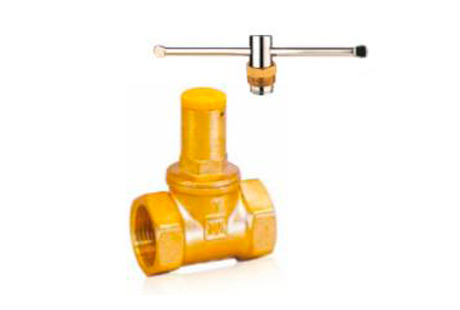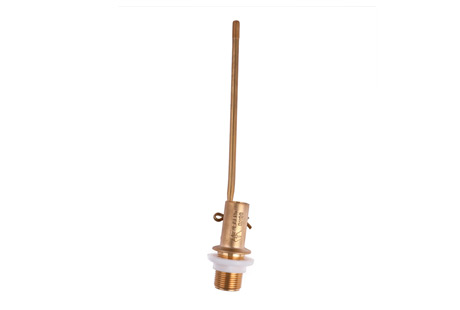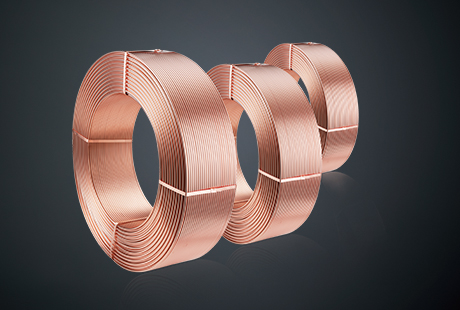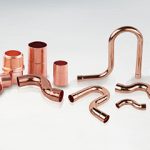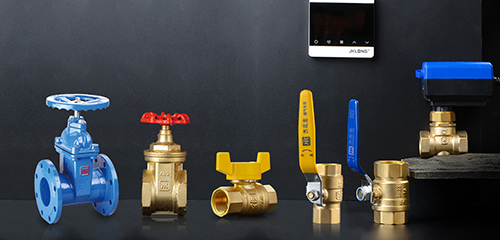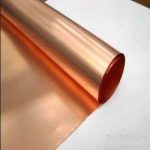Enamel coated wire, also known as magnet wire or winding wire, is an essential component used in various electrical and electronic applications. Its unique properties make it ideal for applications where electrical insulation, thermal conductivity, and durability are crucial. In this comprehensive guide, we will explore the properties of enamel coated wire and its diverse range of applications across industries.
Understanding the Properties of Enamel Coated Wire
Electrical Insulation
One of the primary properties of enamel coated wire is its excellent electrical insulation. The enamel coating provides a thin, yet effective, layer of insulation that prevents the flow of current between adjacent windings in electrical coils. This property is essential for ensuring the proper functioning and safety of electrical and electronic devices.
Thermal Conductivity
Enamel coated wire also exhibits good thermal conductivity, which allows for efficient heat dissipation in applications where the wire is subjected to high currents or operating temperatures. This property helps prevent overheating and ensures the wire's reliability even in demanding environments.
Durability and Mechanical Strength
Enamel coated wire is designed to have high mechanical strength and durability. The enamel coating protects the underlying conductor from abrasion, moisture, and environmental factors, making it suitable for long-term use in various applications.
Applications of Enamel Coated Wire
Electric Motors and Transformers
Enamel coated wire is extensively used in electric motors and transformers, where its excellent electrical insulation and thermal conductivity contribute to the efficient performance of these devices. It allows for precise winding of coils, reducing energy losses and enhancing overall efficiency.
Electronics and Telecommunications
In electronics and telecommunications, enamel coated wire finds application in various components, such as inductors, transformers, and solenoids. Its compact size, electrical insulation, and high mechanical strength make it an ideal choice for miniaturized and high-performance devices.
Automotive Industry
Enamel coated wire is widely used in the automotive industry for applications like ignition coils, sensors, and motors. Its ability to withstand high temperatures and vibrations ensures reliable performance in the challenging automotive environment.
Enamel Coated Wire Types and Grades
Enamel coated wire comes in various types and grades, each suited for specific applications. Different enamel formulations offer varying temperature ratings, thermal class ratings, and resistance to environmental factors. Understanding the different types and grades is essential to choosing the most suitable wire for a particular application.
Enamel coated wire is a versatile and indispensable component used in a wide range of electrical and electronic applications. Its exceptional electrical insulation, thermal conductivity, and mechanical strength make it an ideal choice for various industries. Whether in electric motors, transformers, electronics, automotive, aerospace, or telecommunications, enamel coated wire plays a crucial role in ensuring the efficiency and reliability of devices and systems. By understanding its properties and applications, engineers and designers can make informed decisions when choosing enamel coated wire for their projects, ensuring optimal performance and longevity in their electrical and electronic applications.

 English
English 日本語
日本語 한국어
한국어 français
français Deutsch
Deutsch Español
Español italiano
italiano العربية
العربية tiếng việt
tiếng việt Türkçe
Türkçe ไทย
ไทย 中文
中文
